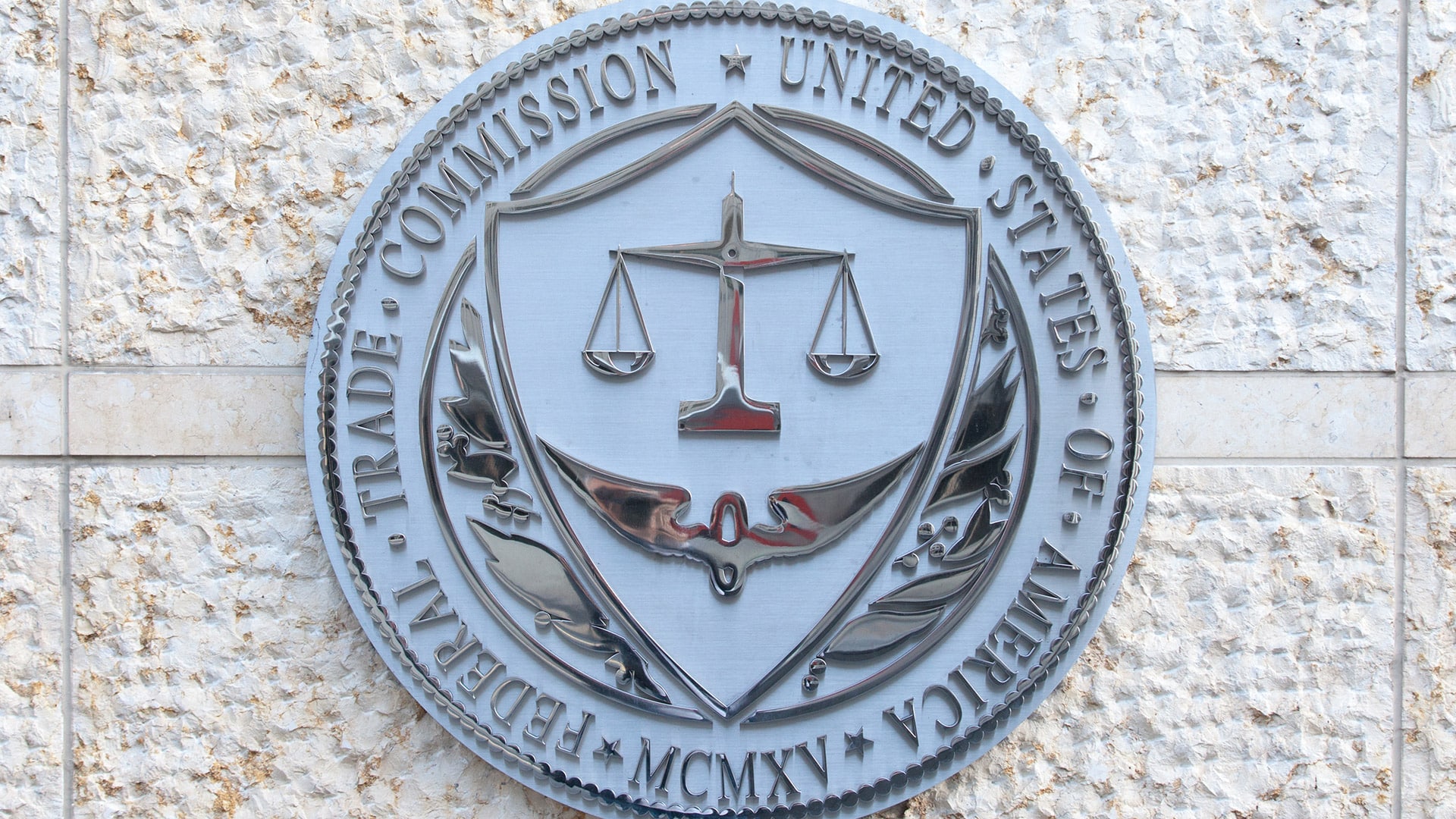The FTC has initiated a number of investigations and enforcement actions in recent years holding companies responsible for consumer injury caused by others or in which they directly participated in the misconduct.
For example, when one company assists, facilitates and/or actively participates in deceptive acts or practices while knowing (or should have known) of its wrongfulness, that company (and those that direct and control such conduct) can be liable for participating with other companies in misconduct.
Recently, the FTC has initiated enforcement actions against companies that finance purchases of fraudulent products by consumers, provide fulfillment services in connection with deceptively sold products, process payments for fraudulent merchants, conduct fundraising for sham charities, provide VoIP services to scam robocallers, create deceptive campaigns for advertisers, operate advertising platforms on which deceptive claims are made, purchase leads that were generated through deception or other law violations, profit from sales by distributors who make misleading earnings or product claims, and sell fake debts to debt collectors.
There is nothing new about the concept of hold those liable that actively participate in illegal conduct, with actual or constructive knowledge of its wrongfulness.
FTC investigation attorneys use a variety of legal theories to impose liability on companies where their customers, vendors, or business partners were also engaged in misconduct.
For example, holding a principal liable for deceptive conduct by its agent, means and instrumentalities, unfair conduct, liability under the Telemarketing Sales Rule, assisting and facilitating and substantial assistance.
An experienced FTC lawyer, can assist marketers with the design and implementation of vetting and monitoring of vendors, customers and business partners, including establishment of contractual requirements and service level standards for compliance and performance, ongoing monitoring and auditing to determine compliance, and requiring business partners to push down these requirements to contractors.
When looking for good candidates for enforcement where multiple players are involved, the FTC considers the entire ecosystem supporting or enabling the misconduct as the agency consider the following factors:
- Is going after only some of the responsible parties sufficient for enforcement?
- Are market or other private incentives sufficient to induce the desired behavior amongst all participants?
- Do the companies in question have the ability to withhold needed support from wrongdoers?
- To what extent did the companies in question injure consumers or profit from their involvement?
- Would the benefits of monitoring exceed the costs?
- Is the potentially liable vendor, customer, or business partner working with defendants or respondents in other cases brought by the FTC or other law enforcement agencies?
Ad agencies, performance marketers and lead generators are all expected by the FTC and state attorneys general to conduct reasonable due diligence and implement written policies outlining such activities. Consider that CID’s and subpoenas directed to third-party intermediaries (e.g., affiliate networks, lead aggregators and ad agencies) often contain requests for information pertaining to monitoring practices and written policies. Those that want to mitigate potential liability exposure and increase the number of mitigating factors in the event that something goes wrong should design and implement vetting and advertising compliance protocols that result in a proud presentation of responsive monitoring-related documentation, rather than having to try to convince a regulatory that verbal policies exist.
Takeaway: The Federal Trade Commission and state attorney general continue to expand the third-party liability theories that they seek to utilize in order to protect consumers from unlawful advertising practices, including substantial assistance and vicarious liability. As a general rule, it is safe to assume that all third-parties in the stream of commerce are susceptible to regulatory scrutiny, from ad agencies and affiliate networks, to payment processors and online merchants. The implementation of advertising compliance and third-party monitoring protocols are a critical part of any preventative plan.
Richard B. Newman is a digital marketing practices attorney at Hinch Newman LLP. Follow FTC defense lawyer on X.
Informational purposes only. Not legal advice. May be considered attorney advertising.




